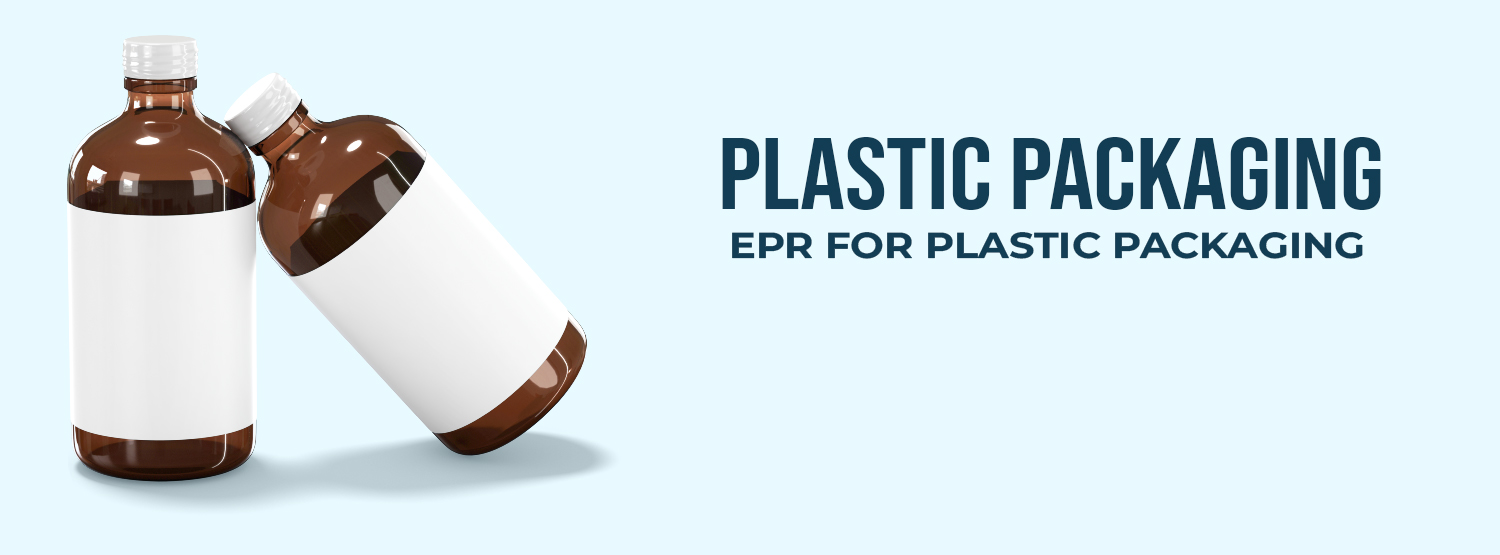
Introduction
India generates a staggering amount of plastic waste each year, with estimates suggesting that the country produces more than 9 million tons of plastic waste annually. Much of this waste comes from plastic packaging, which is used extensively in industries such as FMCG, e-commerce, and retail. Unfortunately, most of this plastic packaging ends up in landfills, causing harm to the environment, wildlife, and human health.
To tackle this issue, India has introduced the concept of Extended Producer Responsibility (EPR) for plastic packaging. Under EPR, producers and brand owners are responsible for the end-to-end management of the plastic waste generated by their products, from the point of production to the point of disposal. The aim of EPR is to shift the responsibility of waste management from the government to the producers, thereby incentivizing them to adopt sustainable practices.
The EPR framework for plastic packaging in India is governed by the Plastic Waste Management Rules, 2016, which require producers and brand owners to submit an EPR plan to the State Pollution Control Board. The EPR plan should outline the measures the producer or brand owner will take to reduce the amount of plastic waste generated by their products and the steps they will take to ensure that the waste generated is collected, segregated, and disposed of in an environmentally sound manner.
Producers and brand owners are also required to set up collection and recycling mechanisms for the plastic waste generated by their products. They can either set up their own recycling infrastructure or tie-up with existing recycling agencies to ensure that the plastic waste generated by their products is recycled and does not end up in landfills. This ensures that the plastic waste is managed in an environmentally sound manner and does not harm the environment.
In addition to the above, the Plastic Waste Management Rules, 2016 also mandate that producers and brand owners incorporate certain design features in their products to facilitate their recycling. For instance, they should use materials that are easily recyclable, avoid the use of multi-layered packaging, and ensure that the products are marked with a code that indicates the type of plastic used. This ensures that the plastic waste generated by the products can be easily recycled and does not end up in landfills.
The EPR framework for plastic packaging is a significant step towards achieving a circular economy and reducing the impact of plastic waste on the environment. It encourages producers and brand owners to take responsibility for the waste generated by their products and incentivizes them to adopt sustainable practices. By implementing EPR, India can reduce its dependence on landfills and ensure that its natural resources are used in a responsible and sustainable manner. It is a crucial step towards a cleaner and greener future for India.
Extended Producer Responsibility, or EPR, is a requirement for Indian manufacturers and imported products for the management of e-waste. The Central Pollution Control Board, or CPCB, of the Government of India's MoEFCC, issues EPR authorization.
To keep E-waste under control, importers and manufacturers in India are required to obtain the EPR Certificate. However, importers or manufacturers won't be able to operate in India if they don't obtain the necessary licences. Importers and manufacturers are subject to debarment, fines, or both as a result.
EPR is required in India as a method of environmental protection, and the notification specifies that registration is also required. This basically means that no organisation, whether a producer or an importer, can engage in any such business without first registering.
The term "Extended Producer Responsibility" (EPR) refers to a policy approach in which producers are given a sizeable financial and/or physical responsibility for the .
Copyright © 2013-23 by Ornate Quality Services Pvt. Ltd. All Rights Reserved.